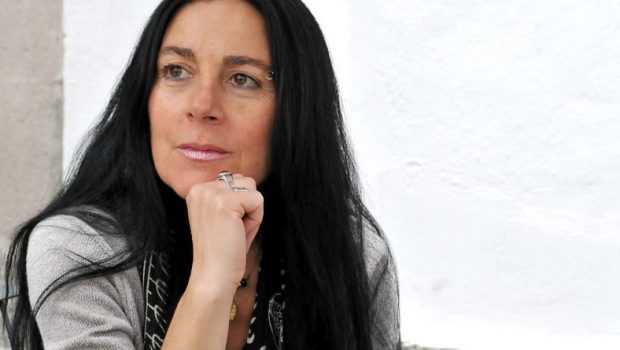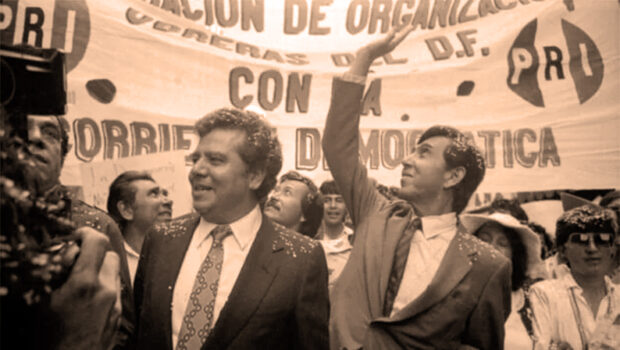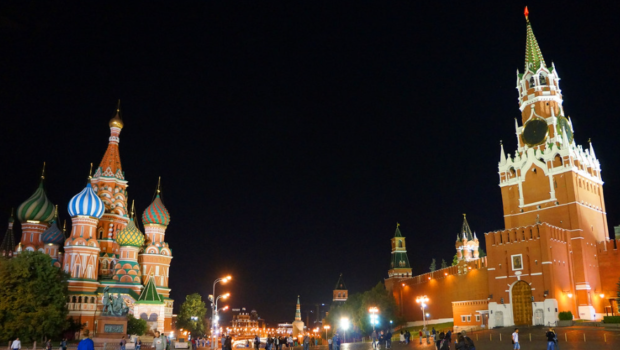Saudades
Sandra Lorenzano
English translation by Tanya Huntington
Silver reflections on the rooftops of a city I shall never come to know, as a daughter born into a history of shipwrecks and saudades. Silver reflections, mercury of a strange time. The silence that leaves the sound of rain expands, in a crescendo of ashen monotony, along the narrow street I gaze down upon. I shall not pack a lamp with olive oil in my valise, nor shall an image of the virgin accompany my voyage. I shall not long to return, nor shall I keep some kind of key to reopen the door of my Portuguese home. Ah, there is no nostalgia more painful than that of what never came to pass! A blurred photograph of Lisbon in 1934, a childhood in sepia alongside the Tagus, a sweet tongue for naming absences. Coisas pequenas… Little things… Water trickles down the cobblestones of a life I will never have. Behind the hazy horizon, someone weaves her longing. “Take care of Fatima for me, Mother…” I shall not know of the distance that tears dreams apart, night after night, nor shall I see a dark and legless figure on the battlefield. Silver reflections on rooftops, and a vague smell of fish, and verses for one of the disappeared, an “encoberto”… Oh, briny sea, how much of your salt / are tears of Portugal! The silence that springs from the sound of rainfall conceals gestures of what was not to be, the names that shall not accompany my footsteps through the poor side of town, the ancient songs that no woman shall teach me. I see them trickle down the dark back of time; they cast a melancholy shadow, as if experiencing the ongoing farewell of someone whom they had barely come to know. If nostalgia kills, may I live long enough to die of nostalgia.
To say the unspeakable and thus, register the barbed wire fence, to surround the nucleus of horror or perhaps fall mute, turning silence into repudiation and condemnation because, as Kafka knew, far worse than the song of sirens is their silence.
From the windows of the room, trees made golden by the Lusitanian summer could be seen. The fifteen students around you, give or take, were absorbed in their work. The teacher made his rounds, offering some comments, a few indications. The model’s body began to appear on your page. Strong and decisive it was and at the same time, calm, relaxed, and trusting. You found this peacefulness attractive, perhaps in contrast with your own discomfort, something a few months already spent in Lisbon hadn’t managed to change. “Nena, you’ve got to do something. Paula and Andrés aren’t going to show up just because you’re punishing yourself.” How were you going to be able to do something with that emptiness that had installed itself inside you, that made your steps heavy and closed your throat? And behind it all, my angel, I secretly corroborate and hold my own infinity. The city and those pages accompanied your disquiet. And the sketchbooks, of course, in which you drew all day long. “Nena, you’ve got to do something.” Your drawings provided a way to gradually introduce yourself into this world, where you had decided to remain in order to live out your exile, a way to get to know the different corners of the city, the light that changed and revealed new secrets to you, the faces of your off-and-on companions in the streetcar or café; those sketches you made with your sanguine pencil were something like a diary, weighted down at the same time with pain and surprise, with memories and encounters. The summer sun formed a filigree of light and shadow in the garden. In such silence, the comments of the professor could hardly be heard, nor the scratching of charcoal on paper. The model would change positions and you’d follow her movements with curiosity, but also with a confidence that seemed to spring from her skin. You had always preferred to draw bodies belabored by time, marked bodies, bodies with a past. What might that past be? How might those forty years have been, the ones that left their traces on the skin that posed before you? And behind it all, my angel, I secretly corroborate and hold my own infinity. The dark mane pulled back in a barrette left her nape and shoulders bare; on paper you were drawing the line of her back, the crossed legs, the arms, the hands resting on one of the knees. She would move and you would start over again, on another blank sheet. Over these past few months, you’d learned to recognize the different colors of the Tagus: the dazzling blue of sunny mornings, the silvery sheen of the afternoon, the fire of dusk, or the dark, leaden surface that copied, in its gloom, the stormy skies. You would walk the streets of Lisbon, stopping here and there, but you’d always end up sitting by the river, like on that first day. It was a way of being and not being at the same time, of communing with nostalgias and farewells. “Nena, you’ve got to do something,” and you’d managed to hear Ana’s gurgles, always in the arms of her grandmother; alert, smiling Ana, giving your mother strength all unaware, so that she could continue her endless journey from one office to another, from one police station to another, from one meeting to another. “Remain calm, Madam, I’m sure your son and his girlfriend are probably enjoying themselves on some Brazilian beach.” The answers were always the same. “Madam, please! They’ll be back. No one disappears, just like that.” No, not just like that; they were forced into some black hole. “You should see how people get carried away by their imaginations.” Your mother pushing Ana’s stroller in the cruel Buenos Aires winter of 1976, weary, cold, singing in a low voice to a granddaughter who had already given her those first smiles. Your mother, hardly older that the model you drew today while imagining your solitary walks, your days upon days of silence.
And yet
an ancient murmuring told me all about you
the sweetness of your fingers
the fierce vertigo of your pupils
the way my name nests in your
throat
so, to find you was
to return from a long journey
to lose myself in spirals of desire
and to know the moment when you became
infinite…
*The above is an excerpt of the English translation of Saudades, which will soon form part of our catalogue at Literal Publishing.
©Literal Publishing
Posted: August 28, 2018 at 9:36 pm










